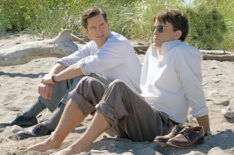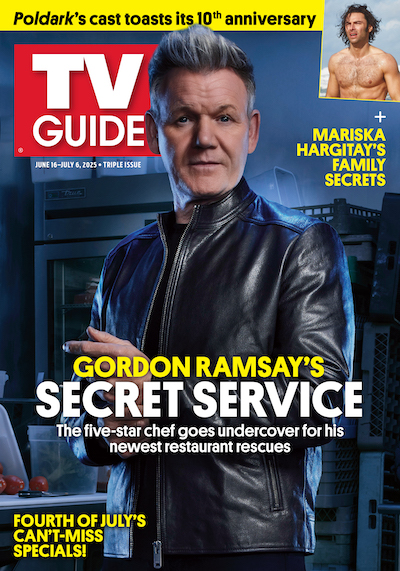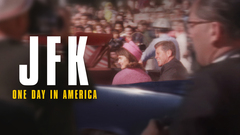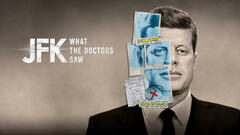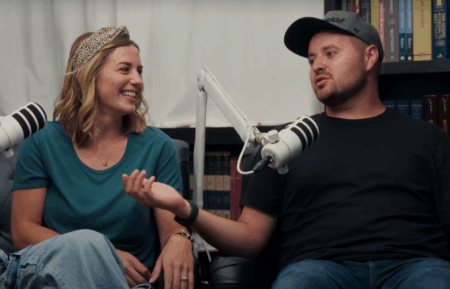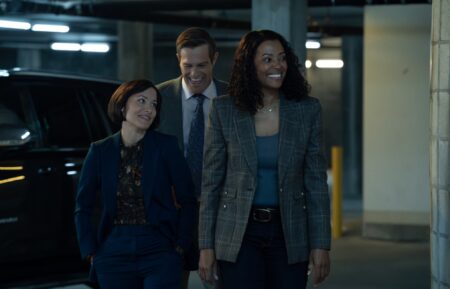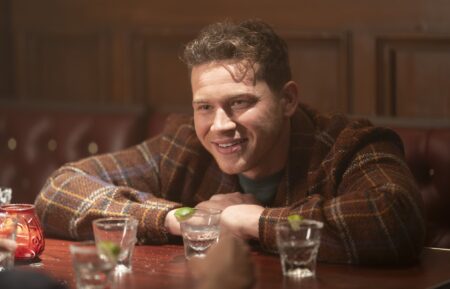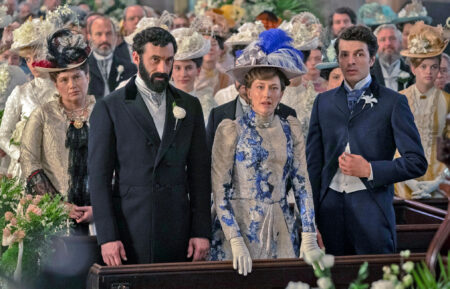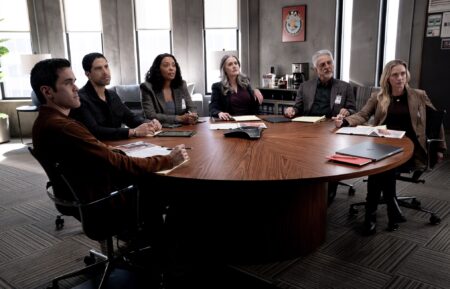‘JFK: One Day in America’: How TV Is Commemorating JFK Assassination 60th Anniversary
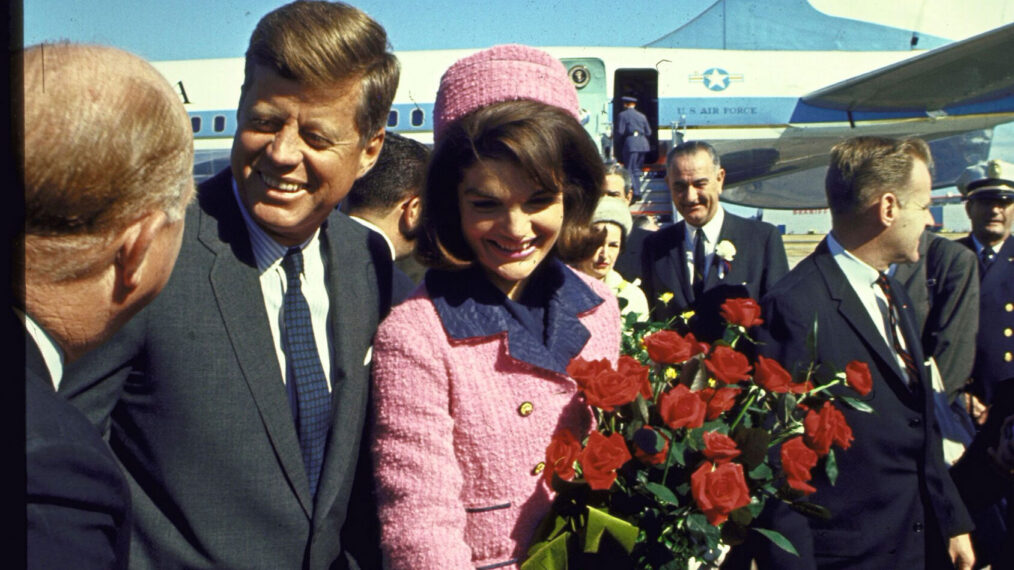
Preview
In many ways, John F. Kennedy was the first made-for-TV president. His youthful charisma during the first televised presidential debates in 1960 against a less polished Richard Nixon is considered a turning point in that historic and generation-defining election. When glamorous first lady Jackie Kennedy conducted a televised tour of the White House (another first) in 1962, it was a worldwide sensation, propelling the Camelot couple to the status of American royalty.
Which is why, 60 years after his shocking assassination in Dallas on the afternoon of Friday, November 22, 1963—one of the first “You remember where you were” moments in the still-young medium of TV—JFK’s death continues to resonate, as do the images from the four days of national mourning that followed.
From the moment CBS anchor Walter Cronkite interrupted an episode of daytime soap As the World Turns to announce the shooting, the grieving nation was transfixed, using the TV as an electronic hearth to make sense of the unimaginable.
“On that unforgettable weekend in November 1963, television provided a personal experience which all could share, a vast religious service which all could attend, a unifying bond which all could feel,” wrote his vice president and successor, Lyndon B. Johnson. In this era of 24/7 instantaneous and wall-to-wall news, when we’ve become accustomed to gathering in front of the TV in moments of crisis and tragedy, from the death of Princess Diana to the devastation of the 9/11 terror attacks, it’s hard to imagine how revolutionary it was to watch these awful events play out in real time—including two days later, on November 24, when Kennedy’s assassin Lee Harvey Oswald was shot and killed on live TV.
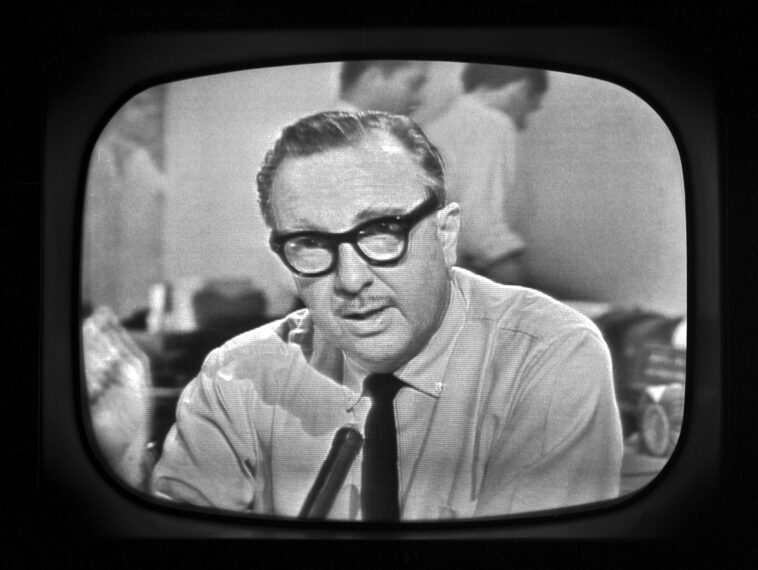
CBS News anchor Walter Cronkite (Credit: CBS via Getty Images)
“Ceremony is man’s built-in reaction to tragedy,” said CBS’s Charles Collingwood, the reporter who had accompanied the first lady on the White House tour. And so it was as the president’s body lay in state in the Capitol rotunda on Sunday, followed by the funeral Mass on Monday at St. Matthew’s Cathedral. TV covered it all.
Outside the church, the veiled widow and her two young children, Caroline and John-John, watched the casket placed back on the caisson. In a moment that still tugs at the heart all these years later, the boy, on the day of his third birthday, saluted his fallen father.
This is how a nation heals. And how TV lived up to its early promise as “the window on the world.” As TV Guide Magazine observed in a January 1964 commemorative retrospective, it was a window “capable of encompassing not just life’s trivia, but the deepest of human experience.” — Matt Roush
There have been scores of movies and documentaries probing the life and death of John F. Kennedy. A trio of new shows mark the tragedy’s anniversary.
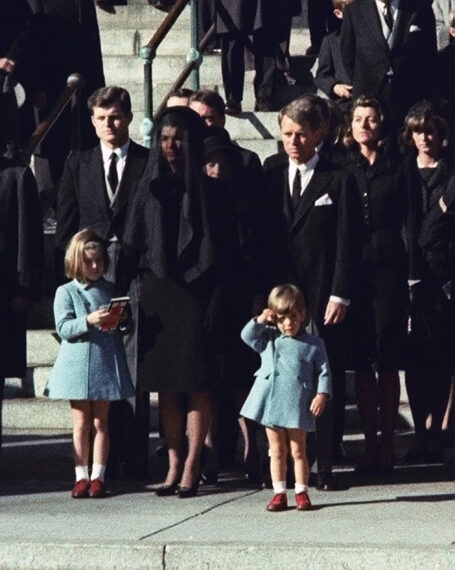
John F. Kennedy Jr. salutes his father’s casket in Washington, three days after the president was assassinated in Dallas (Credit: AP Photo)
The three-part JFK: One Day in America (Sunday, November 5, 8/7c, National Geographic; streams next day on Disney+, Hulu) tells of the 35th president’s murder and its aftermath, using archives and surviving witnesses’ testimony. Among those sharing memories: Jackie Kennedy’s Secret Service protector, Clint Hill, who says, “I have a sense of guilt. I should have been able to do more that day.”
Unfolding in eight parts over three nights, Kennedy (Saturday, November 18, 8/7c, History; streams next day on History.com and VOD) offers the critical moments that defined the life and legacy of the youngest president ever elected. As historian Eileen McNamara says in the series, “He changed us in the process of his own growth.” The docuseries, narrated by Peter Coyote, offers new perspective on Kennedy’s WWII experience, the Cuban Missile Crisis, civil rights and the president’s bond with Jackie Kennedy.
For a more controversial take, the film JFK: What the Doctors Saw (Tuesday, November 14, Paramount+) taps recollections of seven physicians who were in the ER when Kennedy arrived. In a joint interview, they agreed one entry shot hit his throat—contradicting accepted theory that both wounds were from the rear. — Ileane Rudolph
From TV Guide Magazine
Behind the Scenes With Gordon Ramsay: 20 Years of Cooking Up TV Hits
The celebrity chef reflects on redefining culinary television and his fiery journey Hell’s Kitchen to Secret Service. Read the story now on TV Insider.


